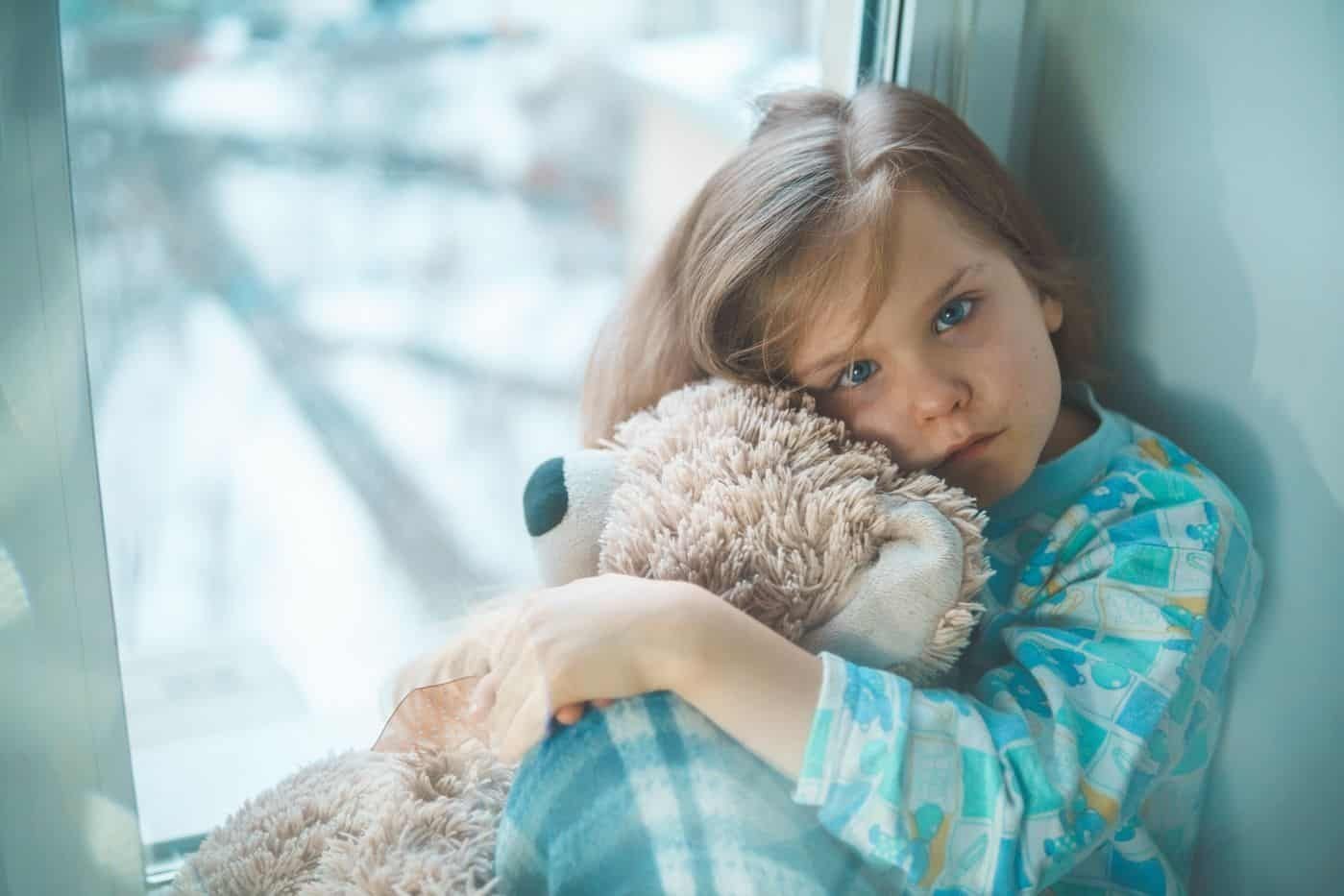An overview of mental health in kids for parents
Parents go above and beyond to take care of their children’s physical health because physical health problems can be monitored. But, when it comes to mental health, it often gets ignored because it is harder to monitor the mental health of a developing child. However, as a parent who wants the best for their child, let’s discuss mental health in kids, how you can monitor it, and how to best help nurture it in this article.
Mental Health in Kids
When your kids are growing up, certain developmental disorders like autism or ADHD and behavioral habits are common in them. If these problems are left unchecked, they can hamper your child’s development and lead to risks in the future, like self-harm or substance use. But, as a parent, how do you monitor your kids' mental health? Well, just like physical health issues, mental health problems also come with symptoms, and it’s crucial that you keep a lookout for them.
Symptoms to Look Out for Mental Health in Kids
Mental health symptoms are hard to notice, which is why it often doesn’t strike a chord with parents. So, here are some of the common behavioral patterns that you should look out for in order to gaze if your child may or may not be having any mental health issues.
Your child has difficulty learning and/or speaking
Your child has problems playing
Your child acts out and can’t handle their emotions properly.
These are some of the general symptoms that you should monitor. If your child is exhibiting these symptoms, it doesn’t mean immediately that they are having any mental health issues, but if the problems persist, it may be wise for you to consult a doctor. Other than monitoring, there are also many things that you can do as parents to ensure your child has the best environment that keeps their mental health safe and sound.
How to Nurture Your Kid’s Mental Health as Parents
You love your child, but it’s important for them to know and remember they are loved too, and that is one of the essential starting points in helping your child’s mental health. Other things you can do as parents for your child’s mental health include
Showing your kids and helping them learn how to solve problems.
Having a close and steady relationship with your child and spending lots of time with them.
Recognize their efforts when they do something, and appreciate them for their achievements and efforts.
Talk to your child regularly and ask about their dreams, aspirations, and goals in life.
Help your child set realistic goals that they can achieve in life.
Let your child express themselves even when they act out, and talk to them calmly about how they feel.
Help your kids stay active, play with them or encourage them to play with their friends.
Be open with your kids and speak about your feelings with them but not in a way that would make them worry or be scared.
Ending Note
These are some things you can do to ensure that your child feels safe and comfortable and can share their problems and struggles with you. These small behavioral changes from your side can make a lot of difference for your little one in helping them grow up as healthy as possible. However, if you are still worried about your child’s mental well-being or if they are exhibiting any of the symptoms mentioned in this blog, feel free to visit Medipulse hospital. Equipped with the best pediatricians and mental health experts, Medipulse has the required experience and expertise needed to help you with your child’s mental health issues. For more information about mental health at Medipulse, visit the hospital’s website.


Trauma is an experience of the human brain in reaction to conditions of stress that overpower our capacity to cope. It primarily results from events like violence, neglect, accidents, emergencies, war, etc., that threaten the life or integrity of the individual facing them.